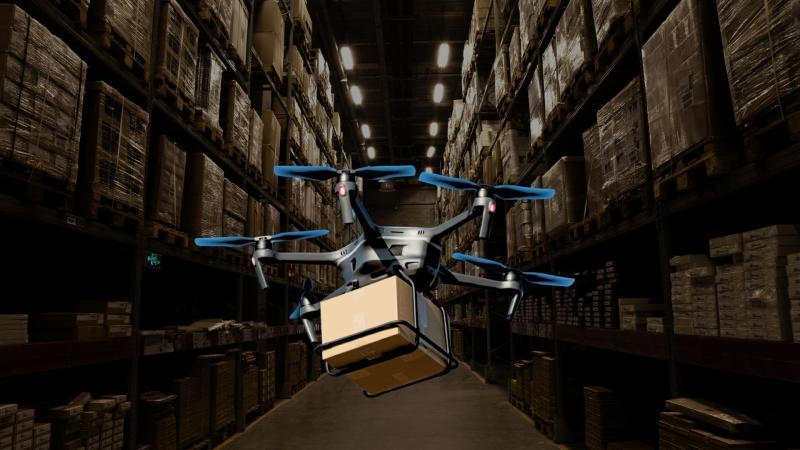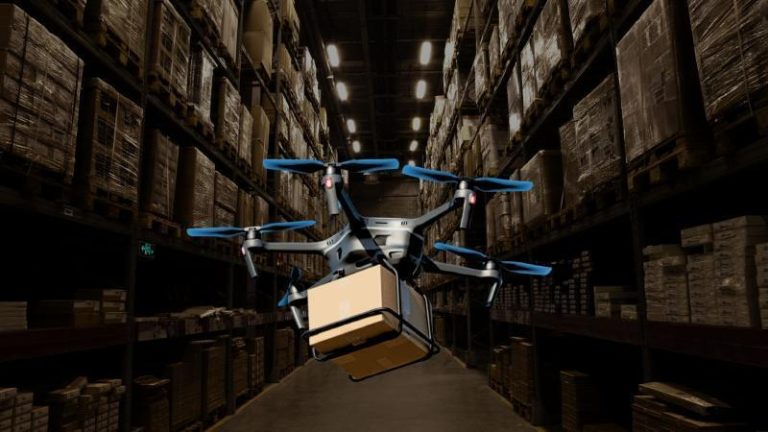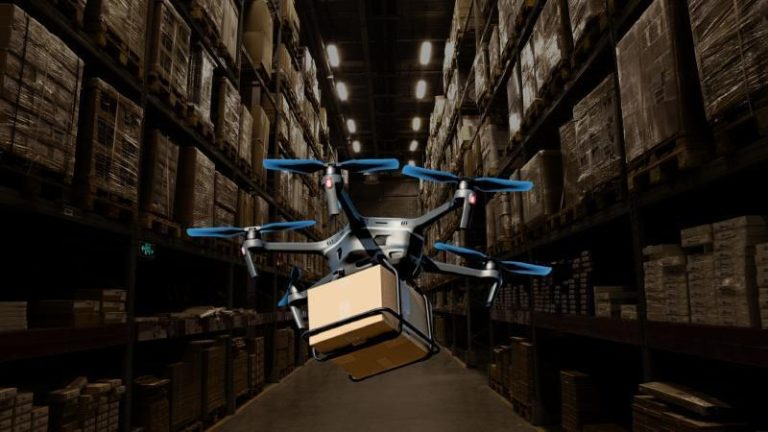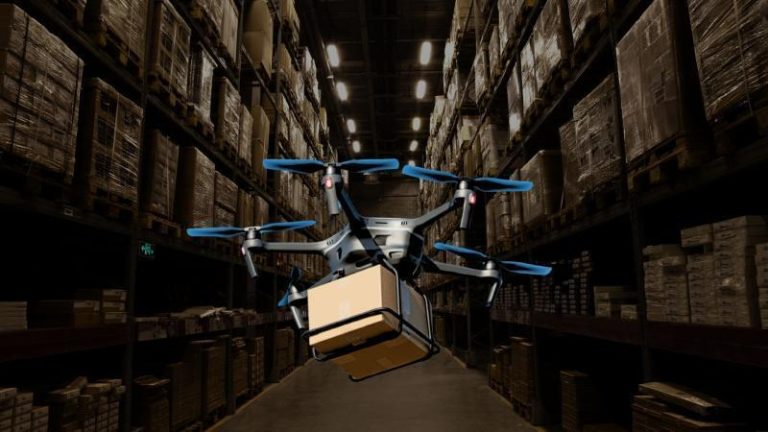
New Tech Optimises Drone Fleets for Faster, Greener Deliveries
The rise of drone technology has revolutionized the logistics industry, promising faster and more efficient delivery solutions. However, scaling up drone operations to meet the demands of modern e-commerce has presented a significant challenge – the Drone Warehouse Problem. This issue has hindered the widespread adoption of drone delivery systems, making it difficult for warehouses to manage varied drone fleets and ensure timely parcel delivery. A recent breakthrough in research has developed a novel algorithm to tackle this problem, paving the way for faster, greener, and more sustainable last-mile delivery solutions.
The Drone Warehouse Problem: A Critical Logistics Challenge
The Drone Warehouse Problem refers to the difficulty in efficiently managing drone fleets in a warehouse setting. With the increasing demand for same-day and next-day deliveries, warehouses need to optimize their drone operations to ensure that packages are delivered quickly and reliably. The challenge lies in coordinating the departure and return of drones, as well as managing the varying capacities and speeds of different drone models.
Traditional logistics systems rely on ground transportation, which can be slow and resource-intensive. Drones, on the other hand, offer a faster and more environmentally friendly option, but their limited range and capacity require careful planning and coordination to ensure efficient delivery. The Drone Warehouse Problem arises from the need to balance these constraints while meeting customer demands for faster delivery.
New Algorithm Tackles the Drone Warehouse Problem
Researchers at [Research Institution] have developed a novel algorithm to optimize drone delivery schedules, addressing the Drone Warehouse Problem. This algorithm, dubbed the “Drone Fleet Scheduling Algorithm,” aims to maximize the efficiency of drone operations while minimizing environmental impact.
The algorithm works by analyzing various factors, including drone speed, range, and capacity, as well as weather conditions, traffic patterns, and customer demand. By considering these variables, the algorithm generates an optimized schedule for drone departures and returns, ensuring that packages are delivered quickly and reliably.
Benefits of the Algorithm
The Drone Fleet Scheduling Algorithm offers several benefits for warehouses and customers alike. By optimizing drone operations, warehouses can:
- Increase efficiency: The algorithm reduces the time spent on drone planning and coordination, allowing warehouses to focus on other critical tasks.
- Improve delivery times: With optimized schedules, drones can depart and return more frequently, resulting in faster delivery times.
- Reduce environmental impact: By minimizing drone travel and reducing the number of flights required, the algorithm helps to reduce carbon emissions and promote sustainable logistics.
- Enhance customer satisfaction: Faster delivery times and improved reliability can lead to increased customer satisfaction and loyalty.
Scalable, Sustainable Last-Mile Delivery Solutions
The Drone Fleet Scheduling Algorithm marks a significant step towards scalable, sustainable last-mile delivery solutions. As e-commerce continues to grow, the need for efficient and environmentally friendly delivery systems will become increasingly important. By optimizing drone operations, warehouses can reduce their carbon footprint while meeting customer demands for faster delivery.
The algorithm’s potential applications extend beyond traditional logistics companies. Governments, emergency services, and even healthcare providers can benefit from the technology, using drones to deliver critical supplies and services more efficiently.
Conclusion
The Drone Fleet Scheduling Algorithm represents a major breakthrough in addressing the Drone Warehouse Problem. By optimizing drone delivery schedules, warehouses can increase efficiency, improve delivery times, and reduce environmental impact. As the algorithm is rolled out and implemented, it has the potential to transform the logistics industry, paving the way for faster, greener, and more sustainable last-mile delivery solutions.
Source:
https://researchmatters.in/news/novel-algorithm-tackles-drone-warehouse-problem-faster-deliveries






